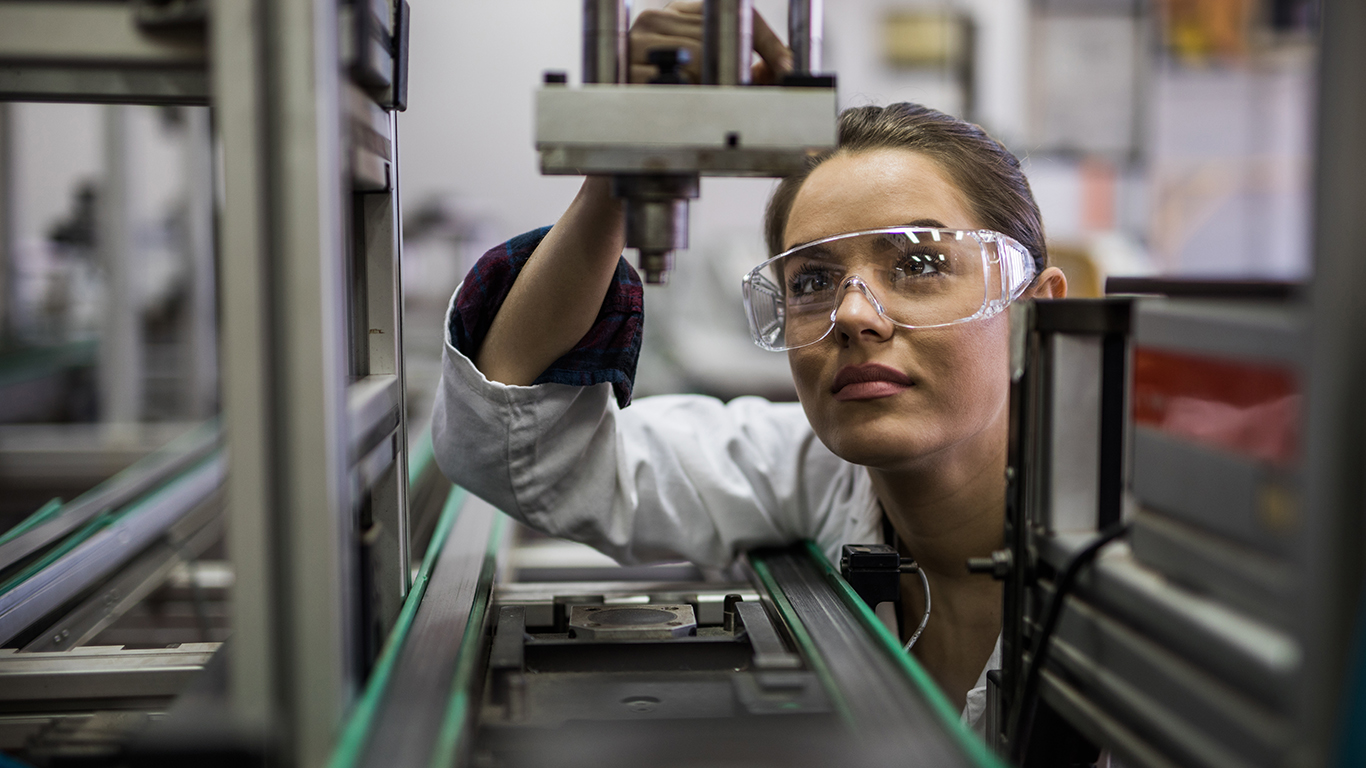
The first patent issued for an invention by an American inventor was in 1790 for an improvement to potash production, and it was signed by President George Washington. Since then, over 10 million patents have been issued by the United States Patent and Trademark Office. Honestly, the vast majority of these have come to nothing. But some inventors stand out in U.S. history for ingenious discoveries that changed life in our country and all over the world.
24/7 Wall St. Insights
- Some of the greatest inventors of American history are familiar names we learned in school.
- Some are quite surprising and unexpected; particularly female inventors whose achievements have been overlooked.
- Others were born overseas and immigrated to the United States where they did Nobel prize-winning work.
- Also: 2 Dividend Legends To Hold Forever
John Logie Baird (1888-1946)
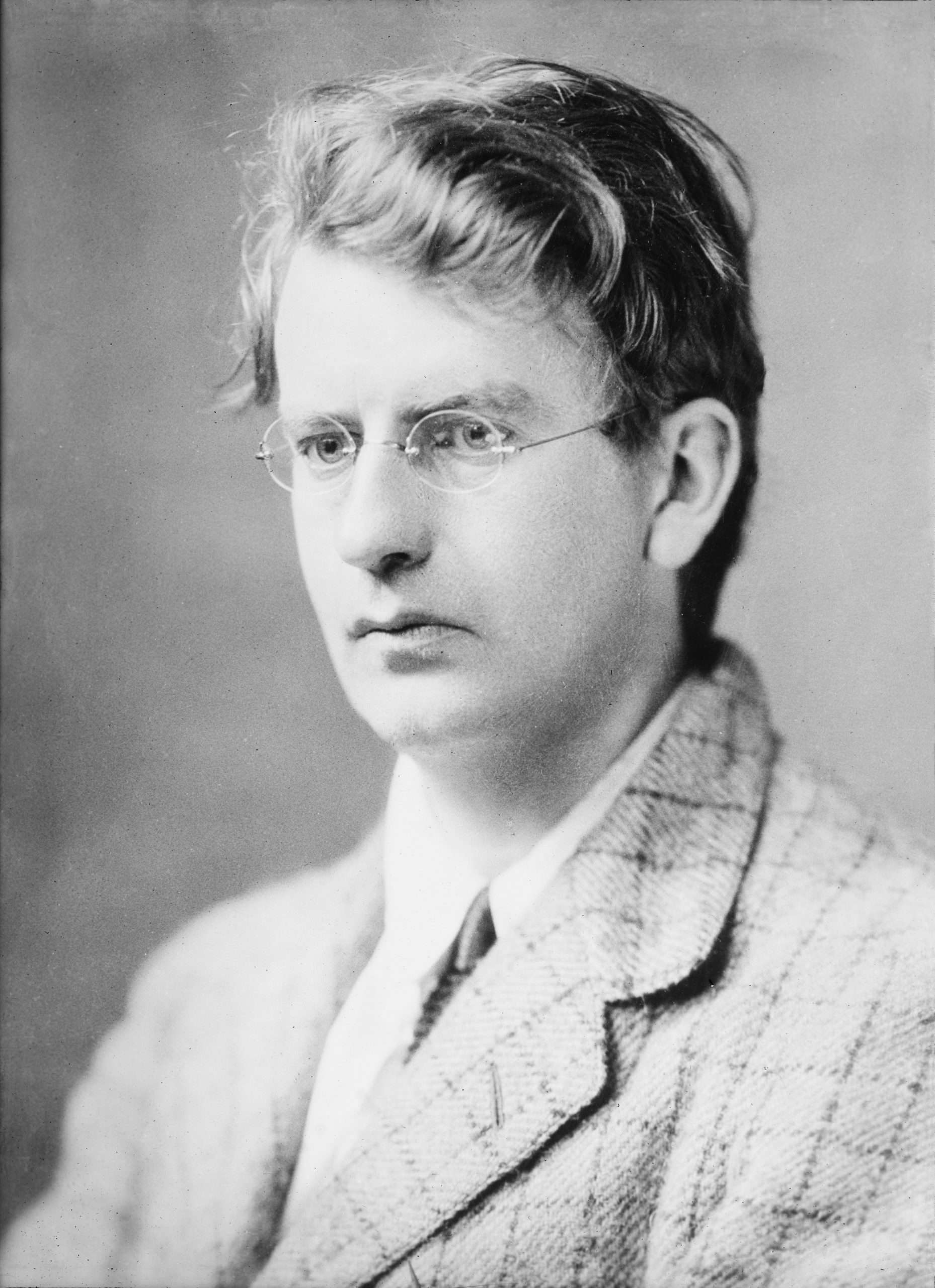
- Baird is credited with inventing the first working television in 1924.
- His original invention was black-and-white but he went on to work on the invention of the first color television and also experimented with 3D t.v.
Alexander Graham Bell (1847-1922)
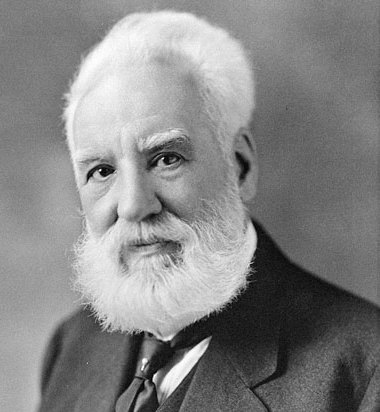
- Bell is most famous as the inventor of the telephone, but he held a total of 18 patents.
- He invented the photophone, which transmitted sound on a light beam—any early version of fiber optic communication.
- He invented the graphophone, which was an improvement on Edison’s phonograph.
- He developed designs for hydrofoil boats.
- He made a rudimentary metal detector to search for an assassin’s bullets in the body of President James Garfield.
George Washington Carver (1864-1943)
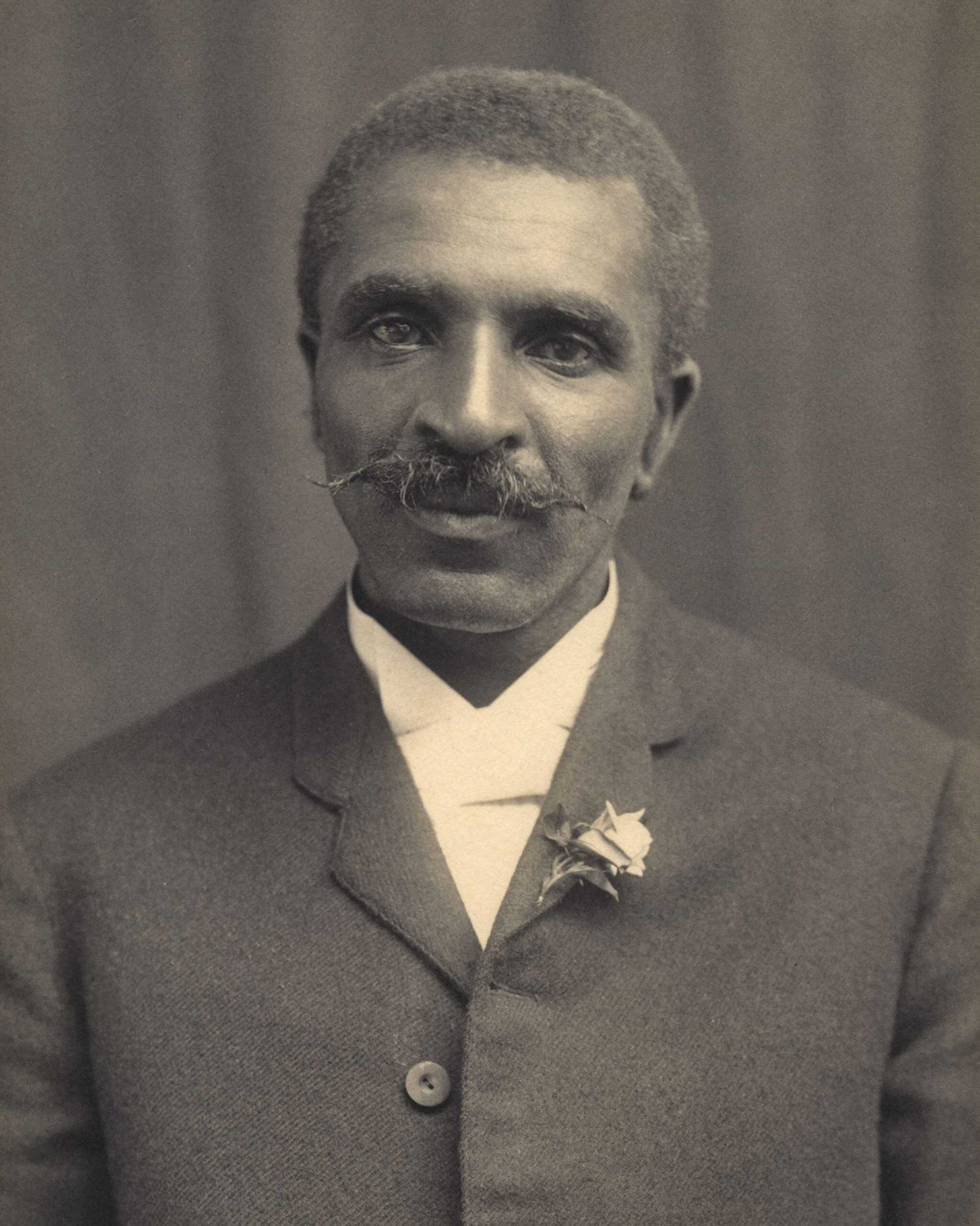
- Carver was born into slavery in Missouri in the last year of the Civil War.
- He is famous for researching alternative crops to cotton, like peanuts, soybeans, and sweet potatoes.
- Over his career he invented 300 products made from peanuts and 118 from sweet potatoes.
- He also discovered ways to recycle oils and other waste materials and make paints and stains.
George C. Devol (1912-2011)
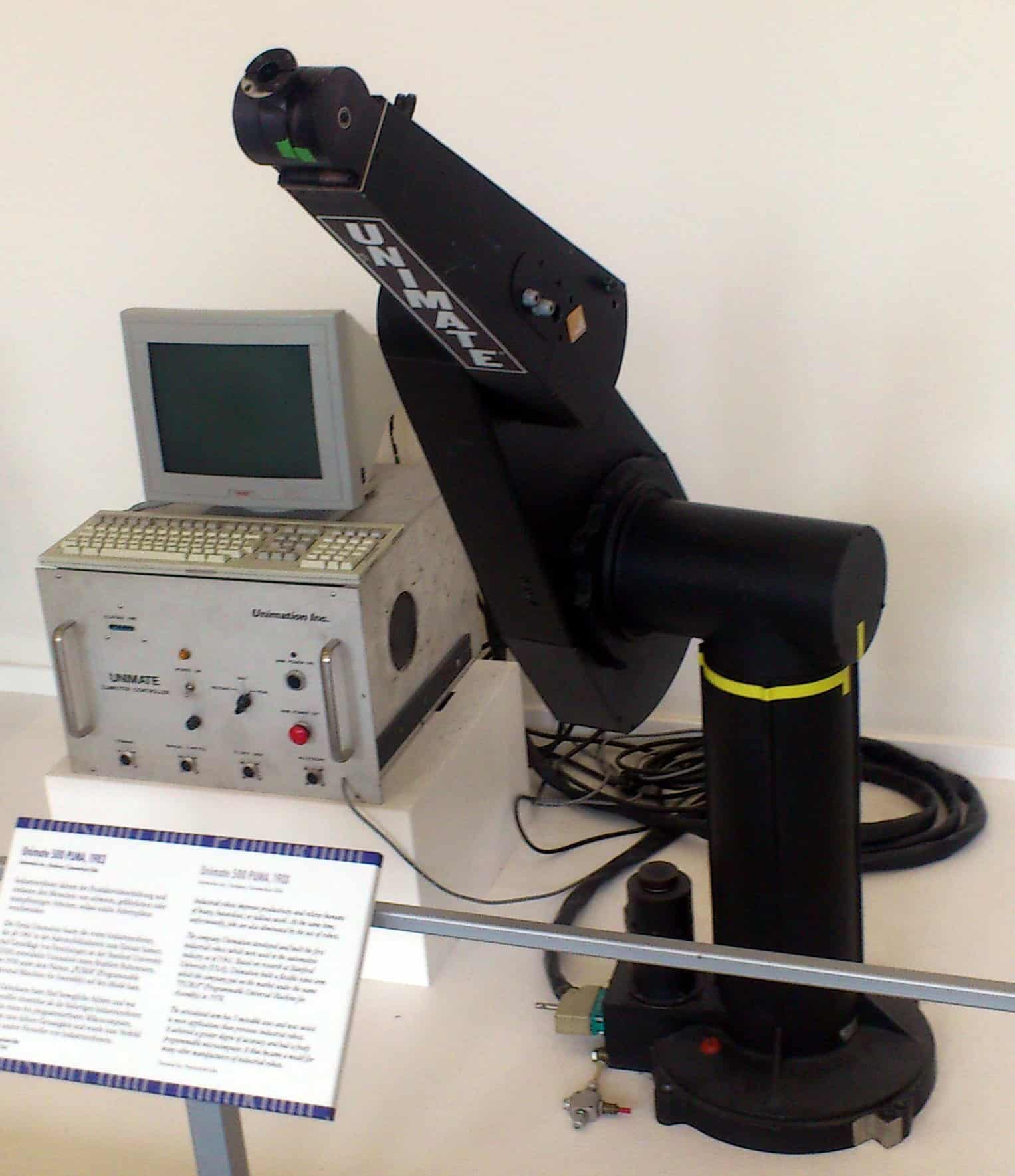
- During World War II, Devol developed radar and microwave equipment.
- In the 1950s he invented the first real programmable industrial robot in the world, which was named Unimate.
- The patent was sold to General Motors in 1961 and robot arms became widely used in automobile manufacturing after this.
Thomas Edison (1847-1931)
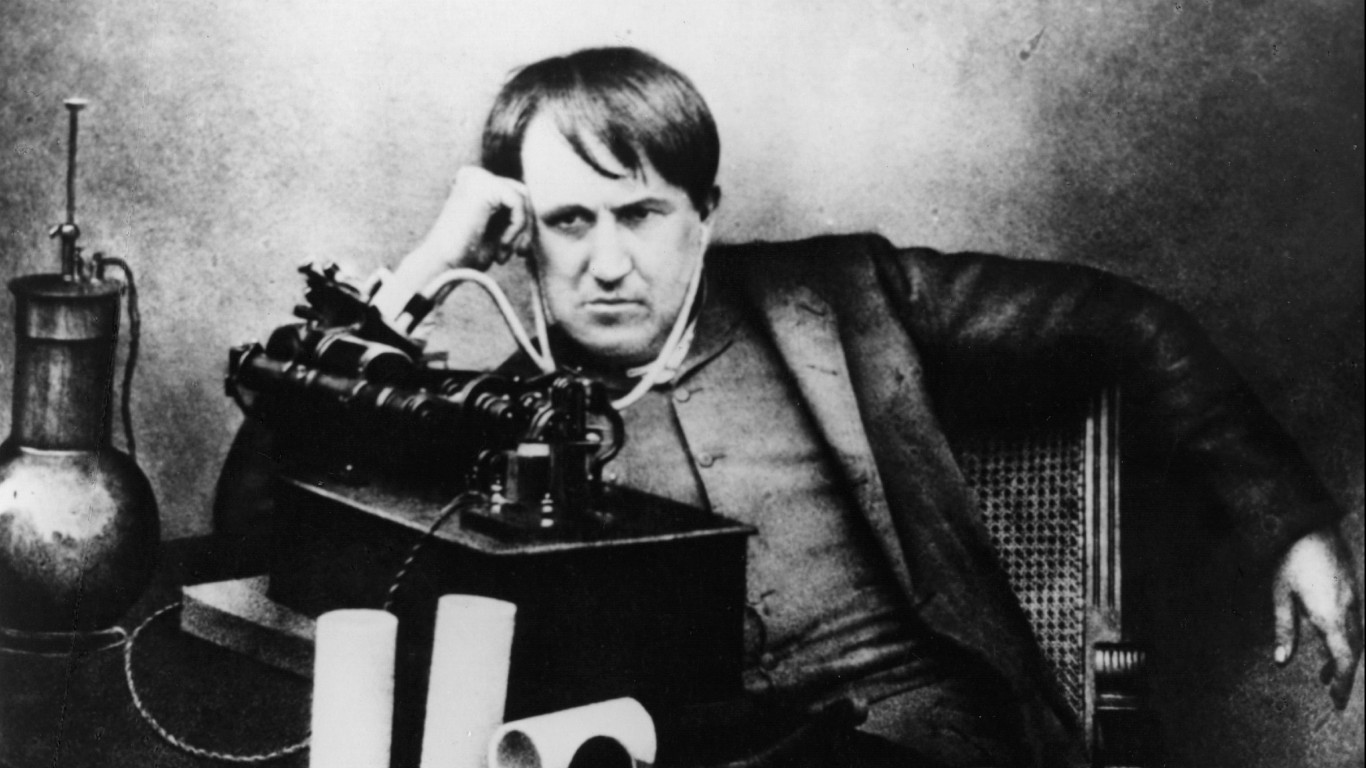
- Known as “The Wizard of Menlo Park”
- Held over 1,000 patents
- Invented the light bulb, phonograph, motion picture camera, microphone, alkaline storage battery, stock ticker, and improvements to the telegraph
Enrico Fermi (1901-1954)
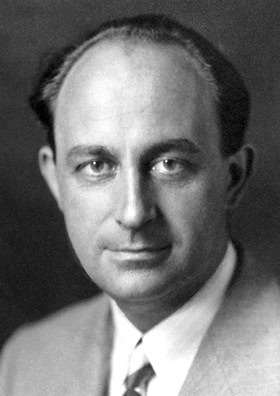
- Born in Rome, Fermi did much of his early work in Italy but fled to the U.S. in 1938 to protect his Jewish wife from the fascist regime there.
- He and his colleagues held several patents related to nuclear power. He developed the first nuclear reactor in 1942 and was part of the Manhattan Project that developed the first atomic bomb.
- Although the atomic bomb threatens to destroy the earth, at the same time, many countries are now increasing their use of emission-free nuclear reactors to reduce their use of climate-damaging fossil fuels.
Henry Ford (1863-1947)
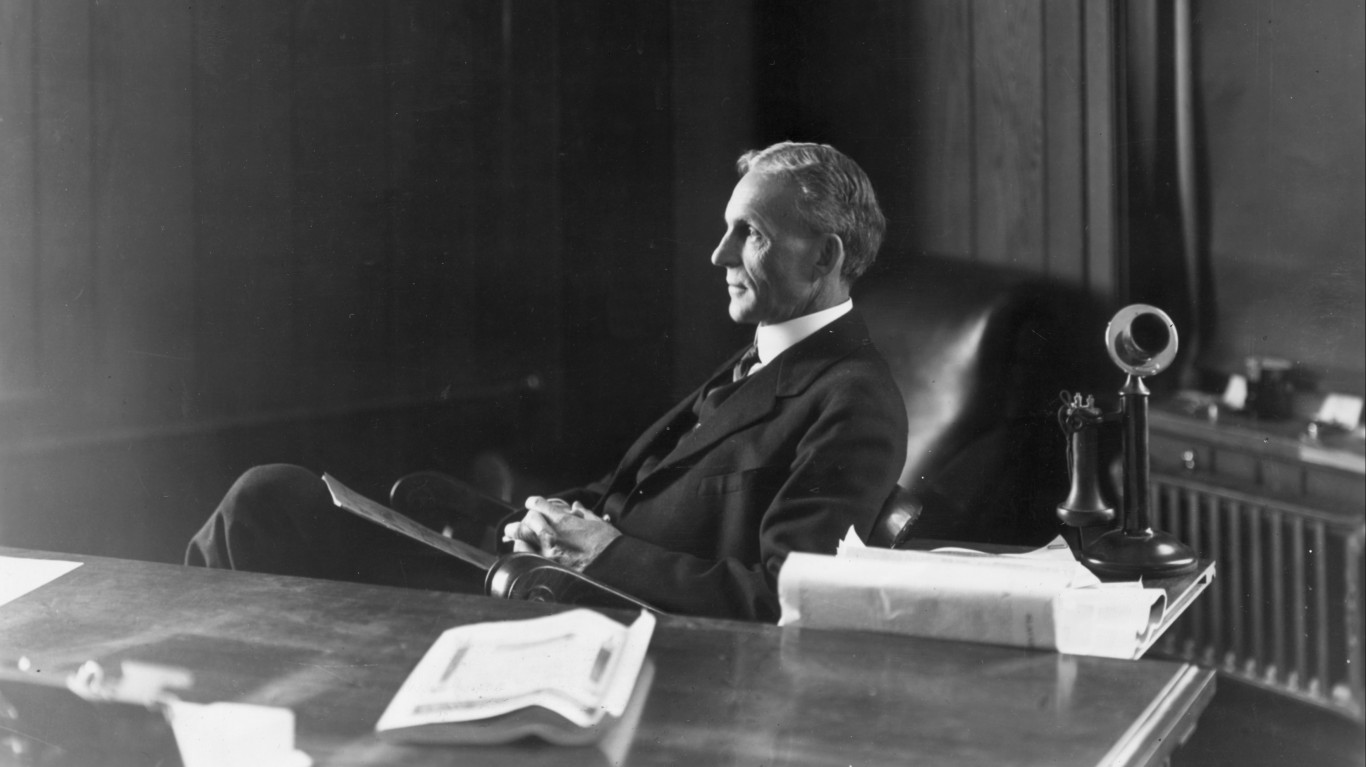
- Contrary to conventional wisdom, he didn’t invent the automobile. Karl Benz in Germany did.
- Ford developed the assembly-line techniques that enabled mass production of cars, and was applied in thousands of other industries as well over time.
Benjamin Franklin (1706-1790)
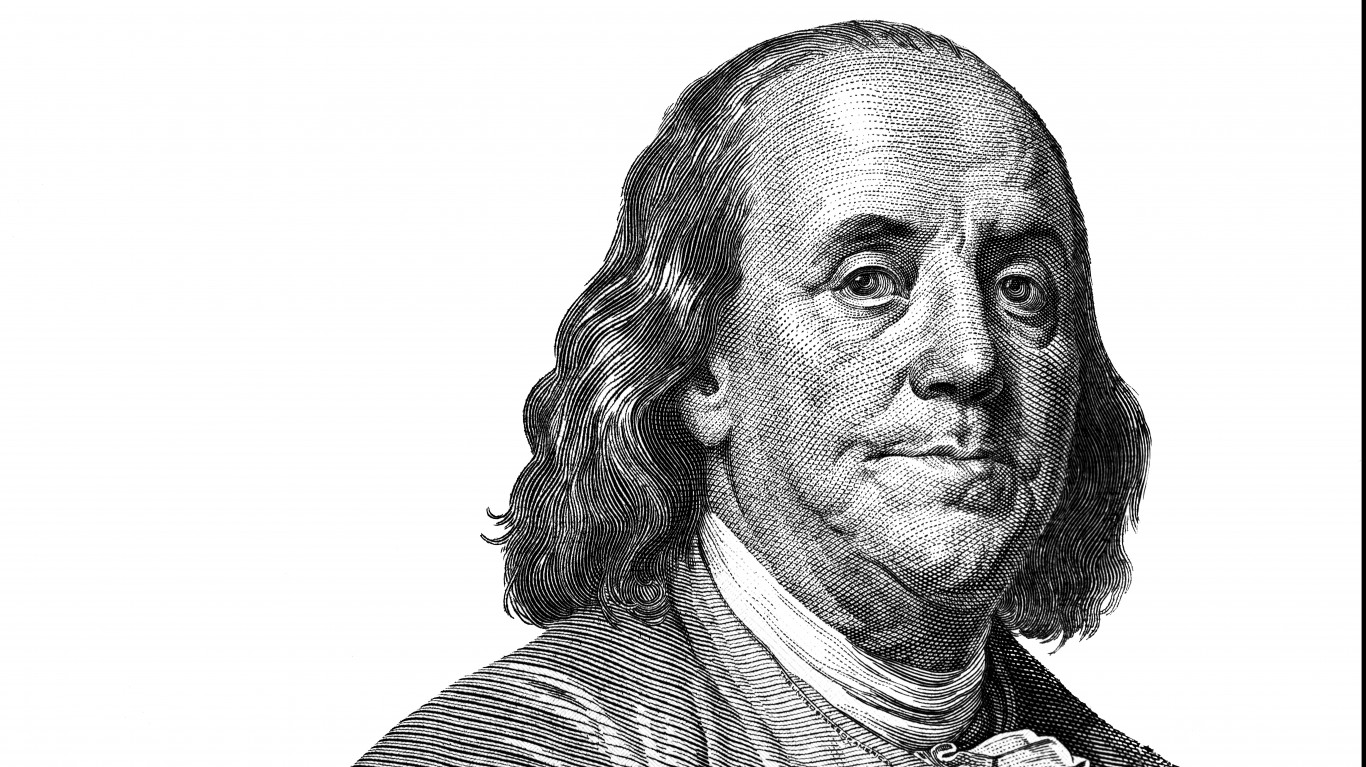
- Considered one of the Founding Fathers of the United States, although he never served as President.
- Invented the lightning rod, bifocal glasses, the Franklin stove, and the odometer.
- He earned a place for his portrait on the $100 bill for his trouble!
Bill Gates (1955-2024)
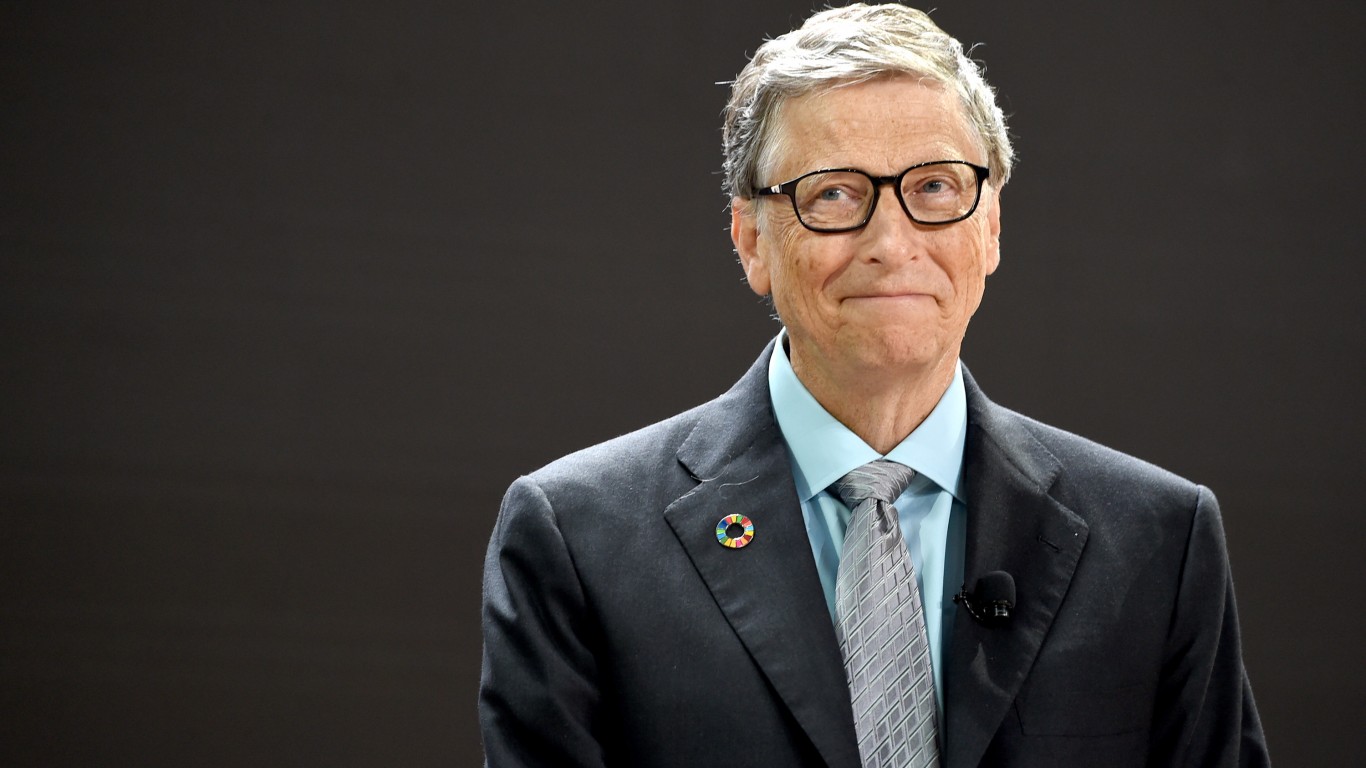
- Bill Gates holds about 365 patents related to computer technology.
- Most of his work has been in the area of software, including Microsoft Windows, Microsoft Office, and Microsoft Internet Exploroer.
- Microsoft products are the most widely-used computer applications in business and academia worldwide.
Grace Hopper (1906-1992)
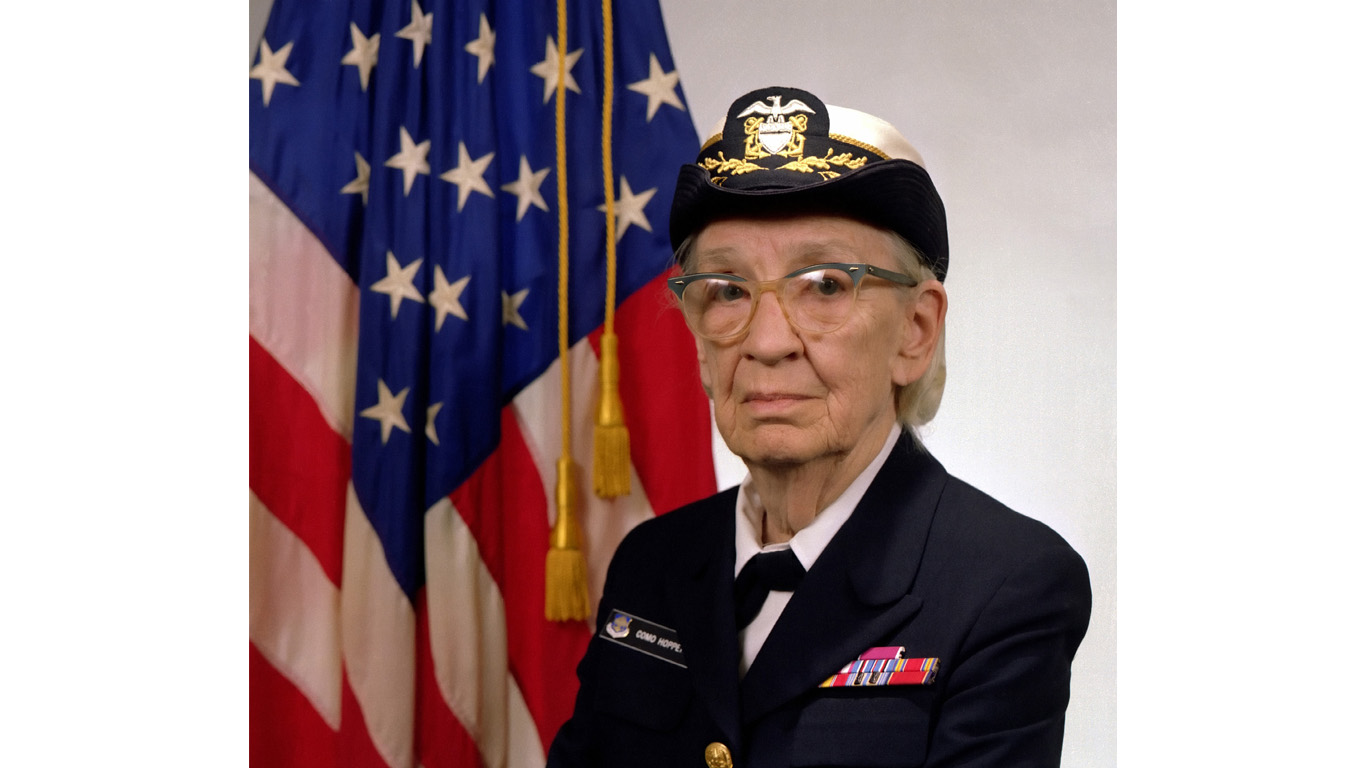
- She was a Rear Admiral in the United States Navy.
- Rear Admiral Hopper was one of the first women computer programmers.
- She was one of the developers of COBOL and other programming languages.
Steve Jobs (1955-2011)
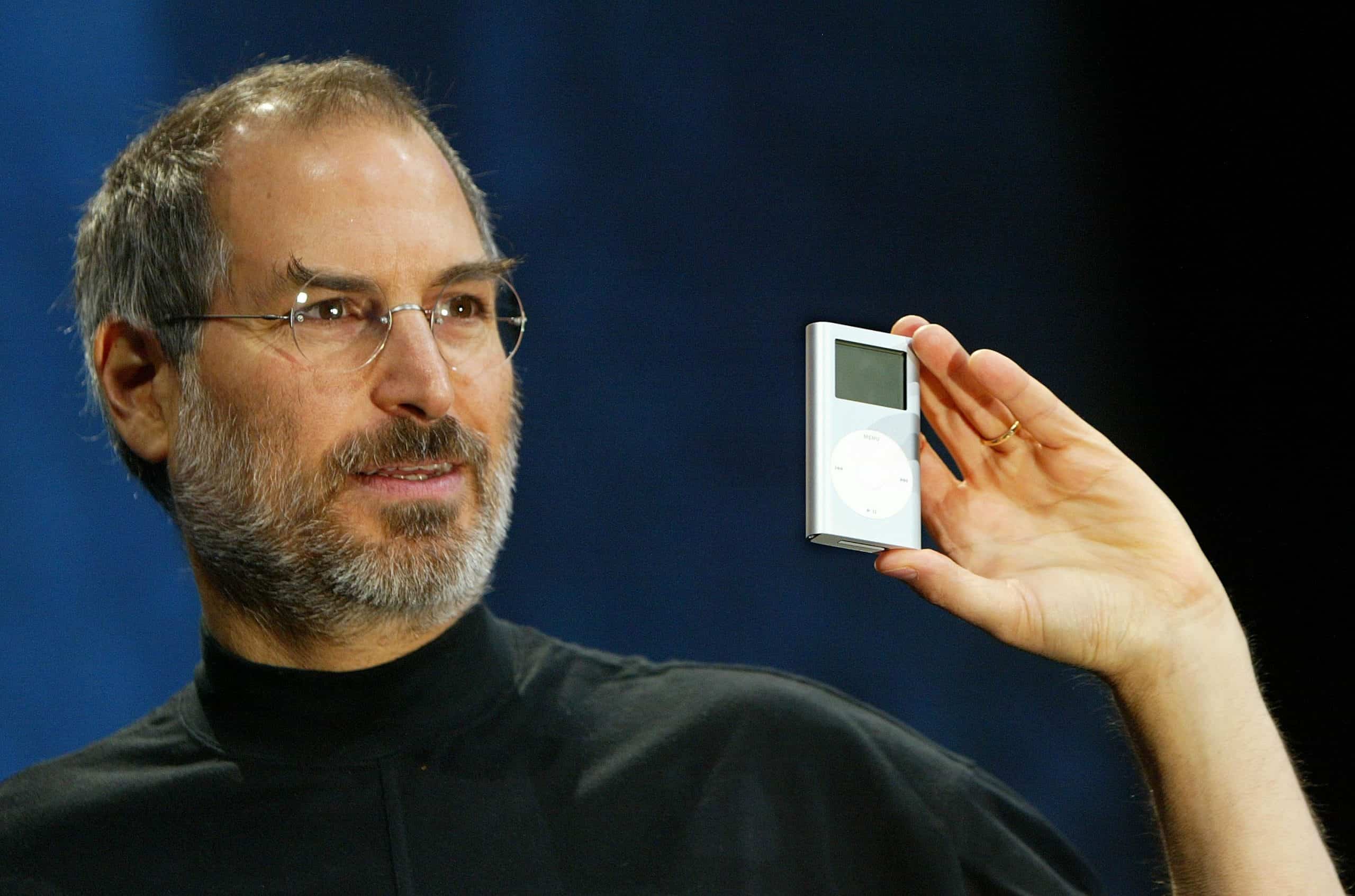
- Steve Jobs successfully obtained over 900 patents in the United States, Australia, and Taiwan.
- He helped conceptualize and design the Apple and Mac lines of personal computers, the iPod, iPhone, iPad, and iTunes music software.
- Apple products are praised for their simplicity, user-friendliness, and durability.
Hedy Lamarr (1914-2000)
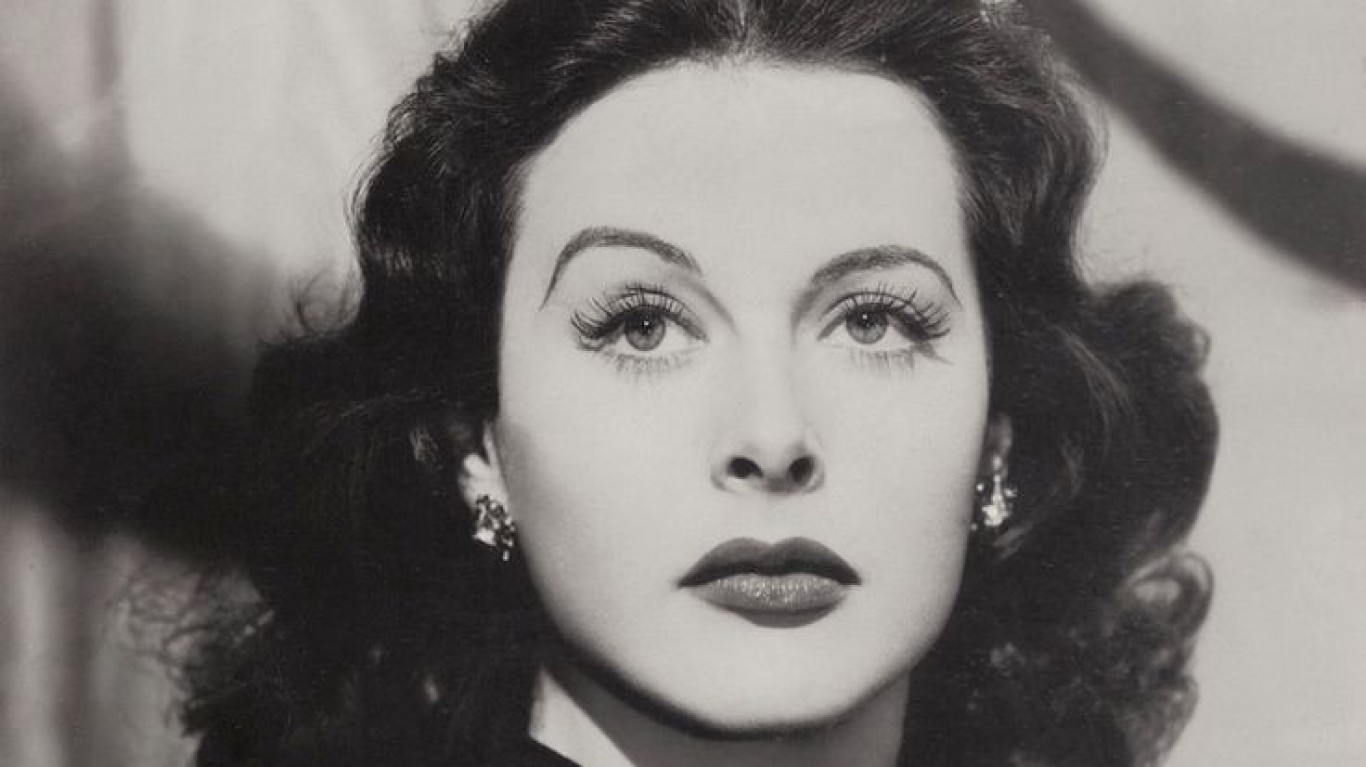
- Born Hedwig Eva Maria Kiesler in Austria, she became a classic Hollywood film star in the 1930s-1950s. Her most famous film was Samson and Delilah (1949)
- Together with George Antheil, she co-invented a radio guidance system for torpedoes that used frequency hopping to overcome the threat of radio jamming by the World War II Axis powers.
- She held several patents, and her work is considered an early stepping stone to today’s Bluetooth and Wi-Fi technology.
Jonas Salk (1914-1995)
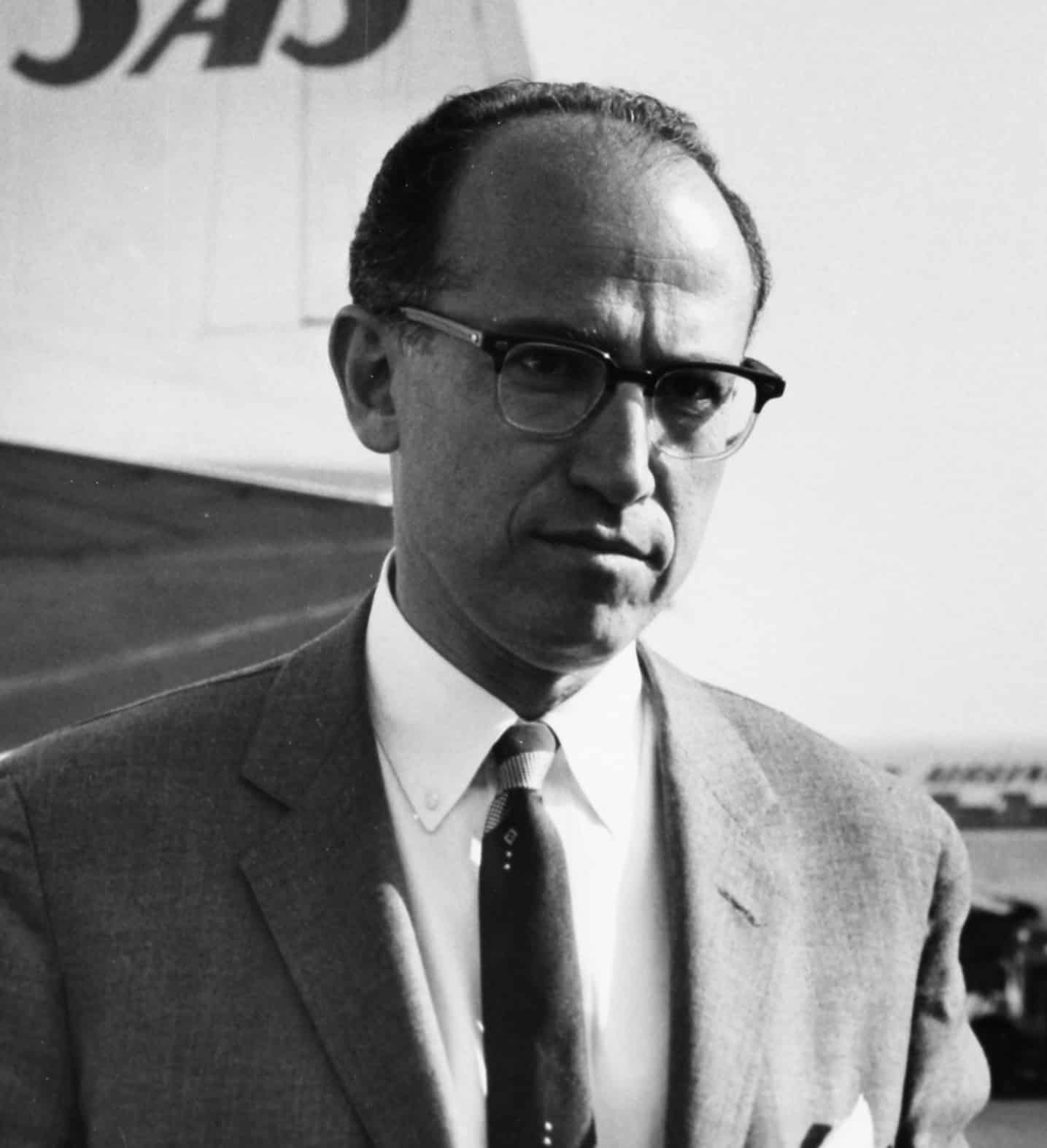
- He invented the polio vaccine but refused to patent it because he thought it should belong to everyone. This made it much more available and affordable to help people as quickly as possible.
- He held other patents related to disease research, such as ways of growing viruses in a laboratory setting for research.
- His work aided the development of other vaccines and has saved literally millions of lives around the world, particularly small children.
Gustavus Swift (1839-1903)

- Swift developed refrigerated railcars to transport meat.
- This was huge for economic development in isolated rural areas, as ranchers could raise bigger herds and get meat to more distant urban markets.
- The technology energized production and distribution of all kinds of food and perishable products.
Nikola Tesla (1856-1843)
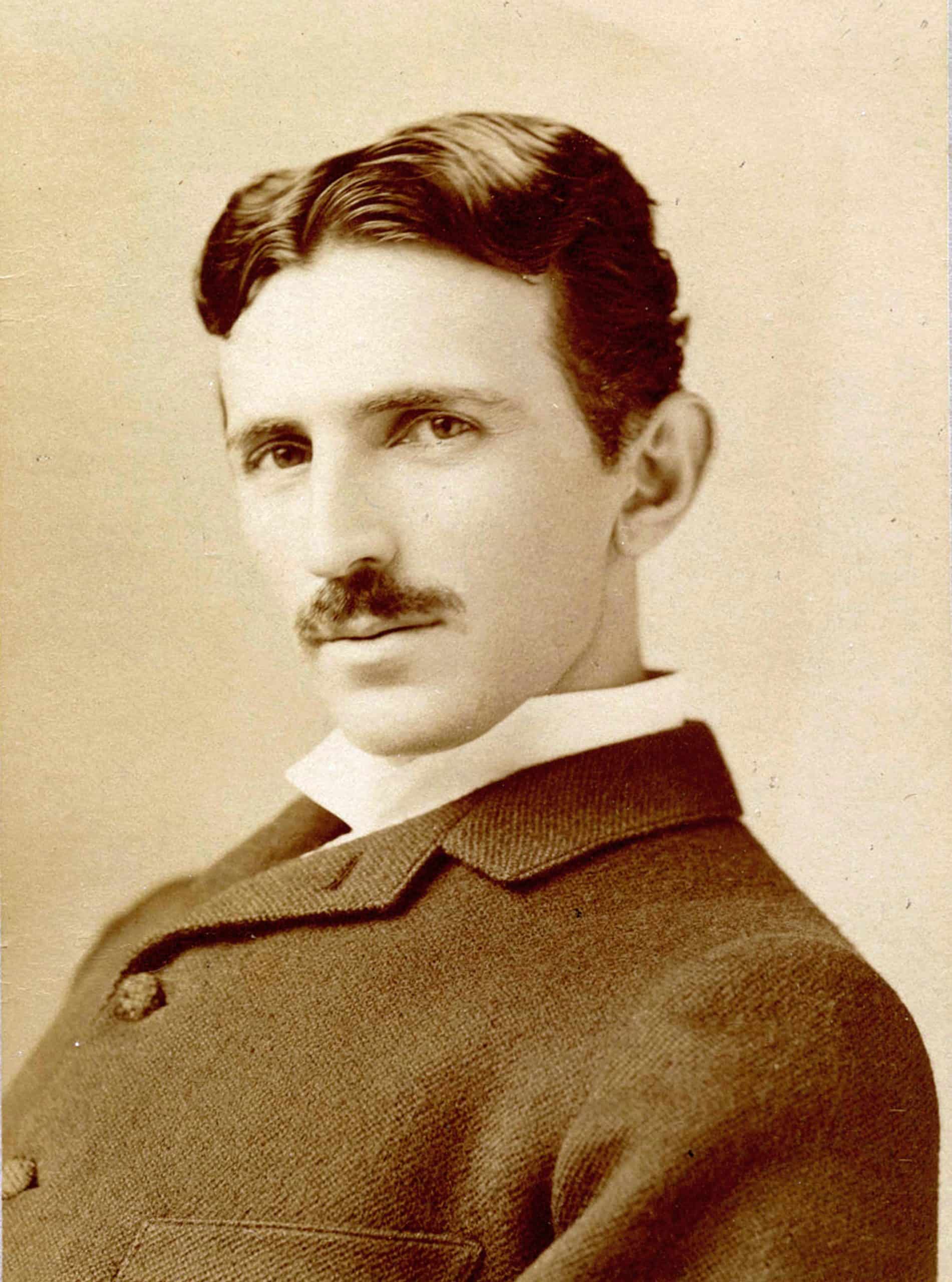
- Tesla was born in Serbia but did most of his work in the United States.
- He held over 300 patents, mostly in electromagnetism, wireless communicati0ns, and electricity.
- He developed the alternating current (AC) electrical system.
Ray Tomlinson (1941-2016)
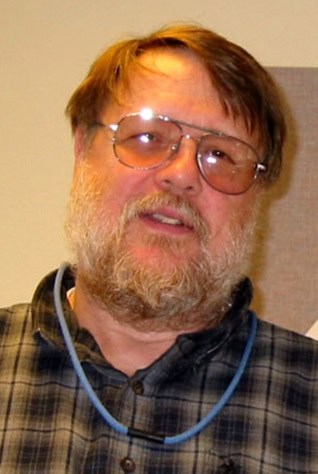
- Tomlinson worked on the ARPANET project, which was a predecessor to the Internet.
- He invented email in 1971, including the use of the @ symbol to separate the user name from the computer name in email addressees.
Selman Waksman (1888-1973)
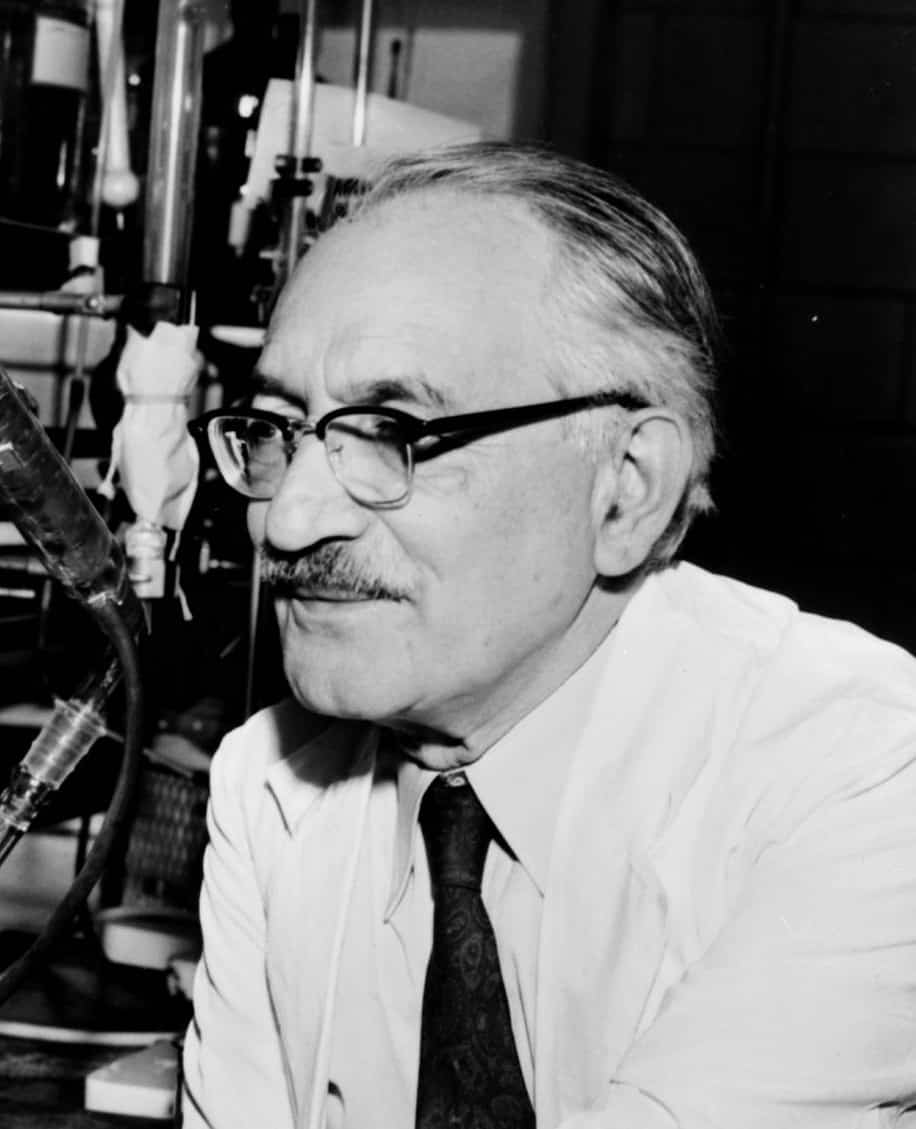
- A Ukrainian-born Jewish-American microbiologist, Waksman won the 1952 Nobel Prize in Medicine.
- He discovered streptomycin and several other antibiotics.
- The proceeds from his patents were used to fund the Waksman Institute of Microbiology at Rutgers University to continue to develop lifesaving treatments.
Eli Whitney (1765-1825)
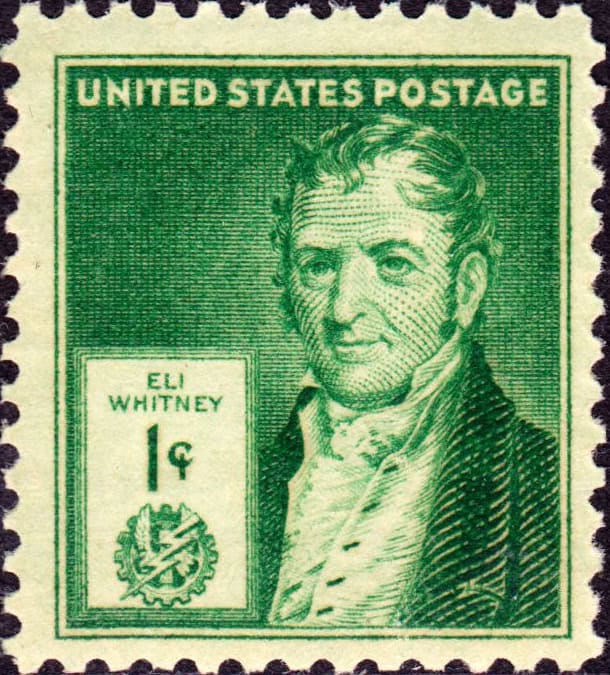
- Whitney invented the cotton gin (an abbreviation for “cotton engine”) that mechanically separated seeds from cotton fibers.
- He also developed interchangeable parts to be used in manufacturing. This was an important step toward mass industrial production.
Orville Wright (1871-1948) and Wilbur Wright (1867-1912)
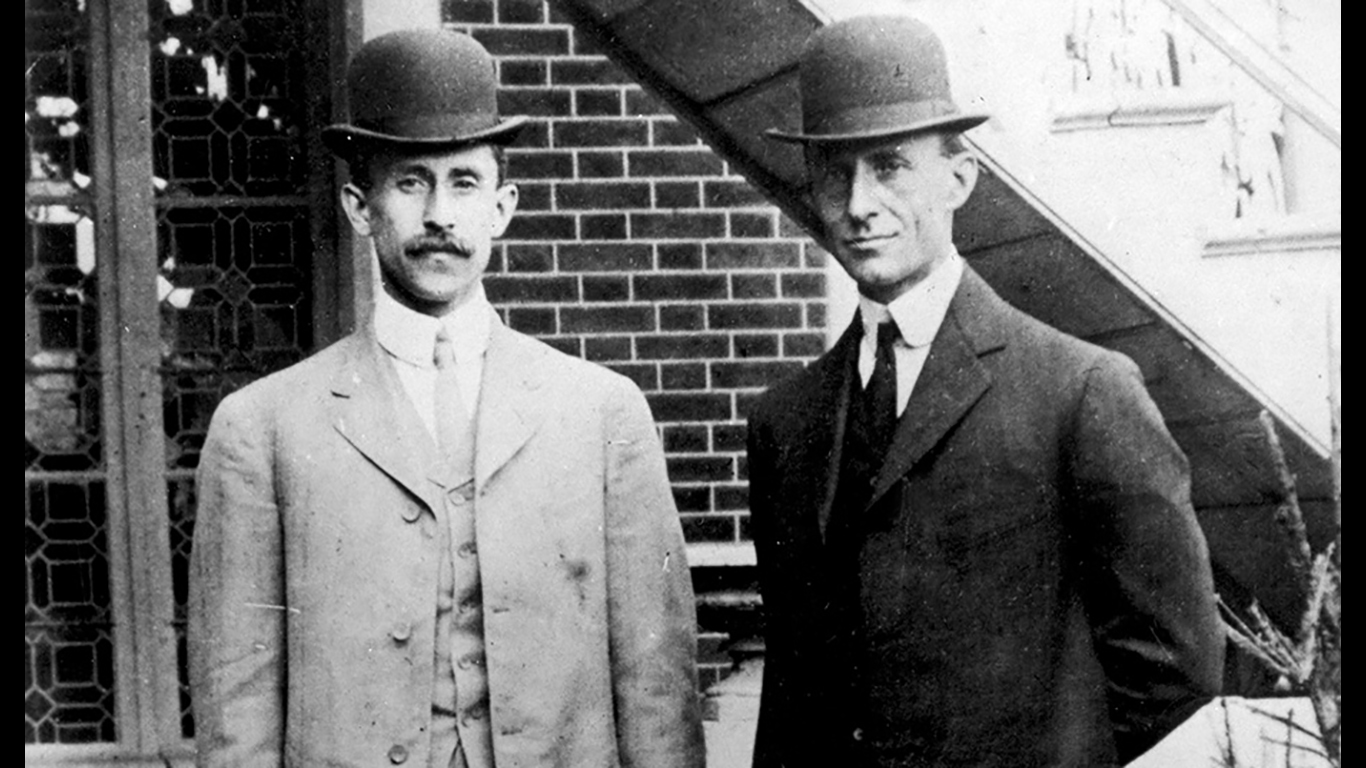
- The Wright brothers built the world’s first airplane and flew it successfully in Kitty Hawk, NC in 1903.
- The brothers held 17 patents in the areas of aircraft, rudders, and hand gliders.
Thank you for reading! Have some feedback for us?
Contact the 24/7 Wall St. editorial team.


